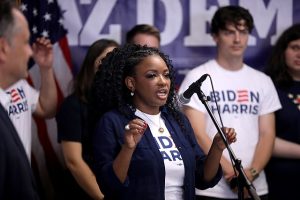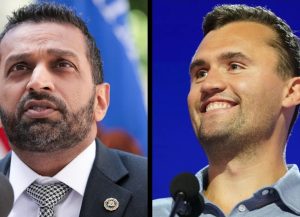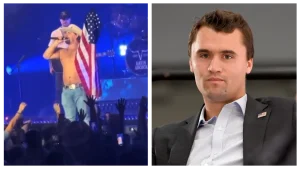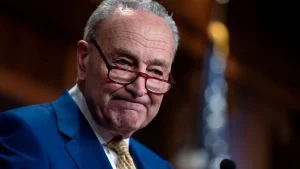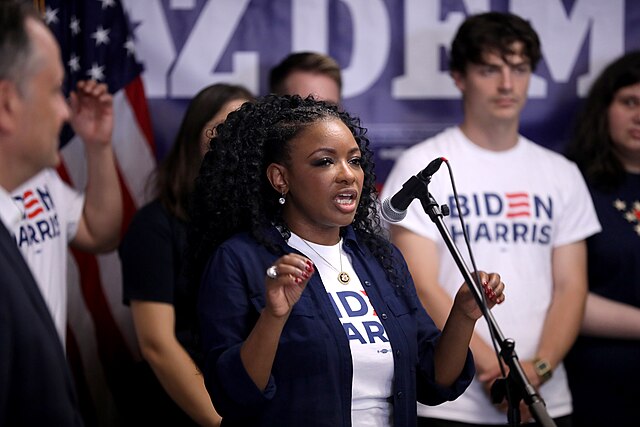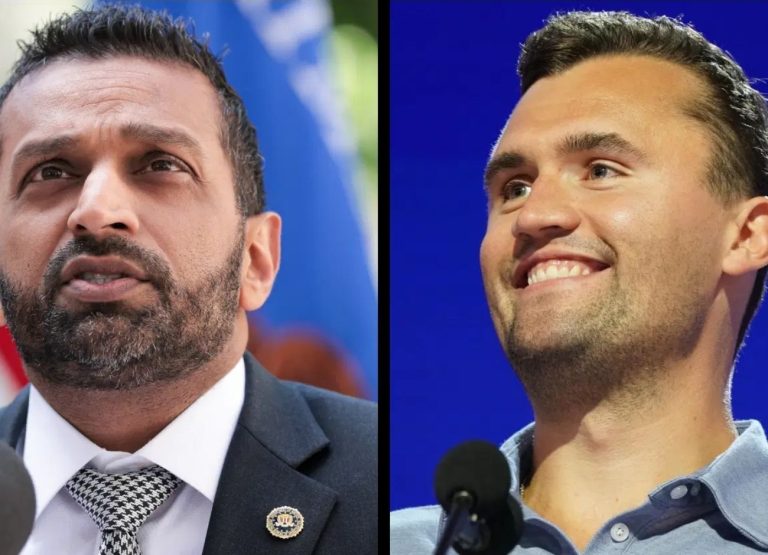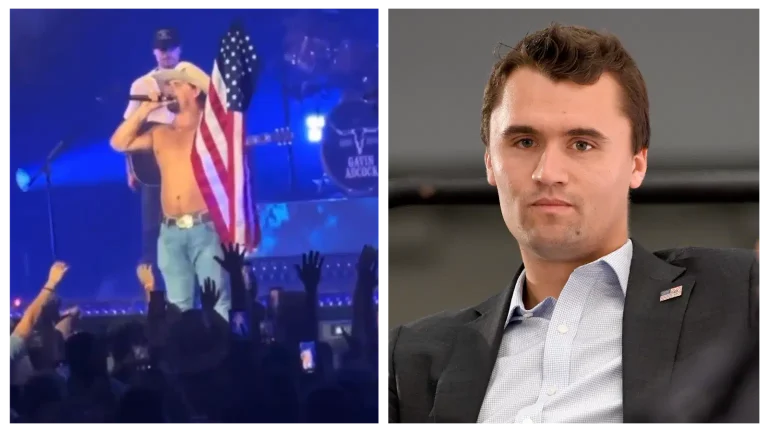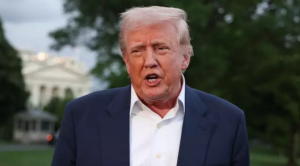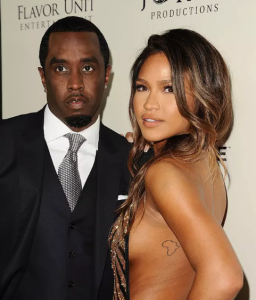In a highly charged interview on CBS’s Face the Nation, Vice President J.D. Vance fiercely defended the Trump administration’s controversial decision to halt the United States refugee program, citing national security concerns. Vance’s firm stance and confrontational tone during his exchange with CBS host Margaret Brennan highlighted the growing divide between the current administration and mainstream media outlets, particularly regarding immigration policy and national security priorities.
The Vice President’s defense centered around the belief that the refugee vetting system currently in place is insufficient to guarantee the safety of American citizens. He referenced a specific and alarming case involving an Afghan national who was arrested in the U.S. for allegedly plotting a terrorist attack. Vance used this incident as a concrete example of what he considers systemic flaws in the immigration and refugee admission process.
“Every elected official’s number one duty is to protect the citizens of this country,” Vance stated during the interview. “We cannot take chances when it comes to national security, and that means being absolutely sure that those we allow into the country have no ties to terrorism or extremism.”
Margaret Brennan, a seasoned journalist known for her incisive questioning, challenged the Vice President’s assertions. She emphasized that the U.S. refugee system already includes one of the most rigorous vetting processes in the world. Brennan cited reports from intelligence and immigration agencies showing that refugees undergo background checks, biometric screenings, and numerous interviews that span months, if not years.
“Refugees go through extensive security screenings, often more than other types of immigrants,” Brennan countered. “Your administration’s claim that these individuals are not properly vetted is not supported by evidence.”
Vance, however, remained unswayed. He pushed back forcefully, expressing deep skepticism about the efficiency and reliability of the vetting procedures, especially for individuals coming from unstable regions with poor record-keeping infrastructures.
“How can you thoroughly vet someone from a country where the government has collapsed and records are either lost or never existed?” Vance asked rhetorically. “The idea that this process is foolproof is naive. We have to err on the side of caution, especially when lives are at stake.”
As the back-and-forth intensified, the interview took an unexpected turn. At one point, both Vance and his on-air counterpart, Minnesota Governor Tim Walz—who was brought on for a counterpoint discussion—began speaking over each other in a heated debate. Brennan struggled to maintain control of the conversation, and in a rare move, CBS News producers decided to temporarily cut off the microphones of both political figures to restore order.
The moment immediately became a lightning rod for controversy. Critics from conservative circles quickly accused CBS of bias and censorship, claiming the network overstepped its bounds by silencing a sitting Vice President during a nationally televised interview. Supporters of the move argued that the interruption was necessary to keep the program on track and maintain journalistic standards.
Former White House Press Secretary Sarah Sanders called the decision “a disgrace,” tweeting that “silencing debate is not journalism—it’s activism.” In contrast, media experts defended CBS’s decision, suggesting it was a necessary step to de-escalate a situation that had devolved into chaos.
The tension did not end there. Later in the interview, Brennan questioned Vance on another hot-button issue: the nomination of Tulsi Gabbard to lead the Office of the Director of National Intelligence (ODNI). Gabbard, a former Democratic congresswoman and Army Reserve officer, has been a polarizing figure in U.S. politics, known for her unconventional stances on foreign policy and willingness to challenge her own party.
Brennan pointed out that several conservative media outlets, including The National Review and The Washington Examiner, have expressed concern about Gabbard’s suitability for the role, citing her past praise of controversial world leaders and her opposition to certain U.S. military interventions.
Vance brushed aside these criticisms, asserting that Gabbard’s military experience and independent thinking make her uniquely qualified for the position. He emphasized her service in the armed forces and her firsthand understanding of global conflict as key assets.
“Tulsi Gabbard has risked her life for this country,” he said. “She understands the threats we face better than most bureaucrats in Washington. We need leaders in our intelligence agencies who aren’t afraid to challenge groupthink and who prioritize truth over politics.”
The Vice President also criticized the so-called “intelligence establishment” for what he described as years of politicization and erosion of public trust. He claimed that Gabbard’s appointment represents an opportunity to “clean house” and reestablish accountability within the intelligence community.
This interview with Vance reflects broader themes that have come to define the Trump administration’s approach in its second term. The administration continues to adopt an aggressive stance on immigration, emphasizing national security and border control while clashing with media outlets and critics over the human and diplomatic costs of such policies.
Moreover, the administration’s willingness to appoint nontraditional candidates like Gabbard to powerful national security roles reflects a broader strategy of challenging the status quo within government institutions. Vance’s forceful advocacy for these positions is emblematic of a broader political realignment that prizes populism, skepticism of elite institutions, and a reassertion of national identity and sovereignty.
The fallout from the interview has extended beyond the Sunday morning program. Political commentators on both sides of the aisle have weighed in, with some praising Vance for his unapologetic defense of American interests and others warning that the administration’s approach risks alienating allies and undermining core democratic principles.
Despite the controversy, one thing is clear: J.D. Vance has emerged as a combative and influential voice within the Trump administration, unafraid to confront both political opponents and members of the media. His performance on Face the Nation may have polarized audiences, but it also solidified his role as a leading figure in the administration’s effort to reshape American policy and public discourse.
As the 2025 political landscape continues to evolve, interviews like this one will likely become flashpoints in an ongoing battle over the direction of the country, the role of the media, and the meaning of national security in a deeply divided America.
